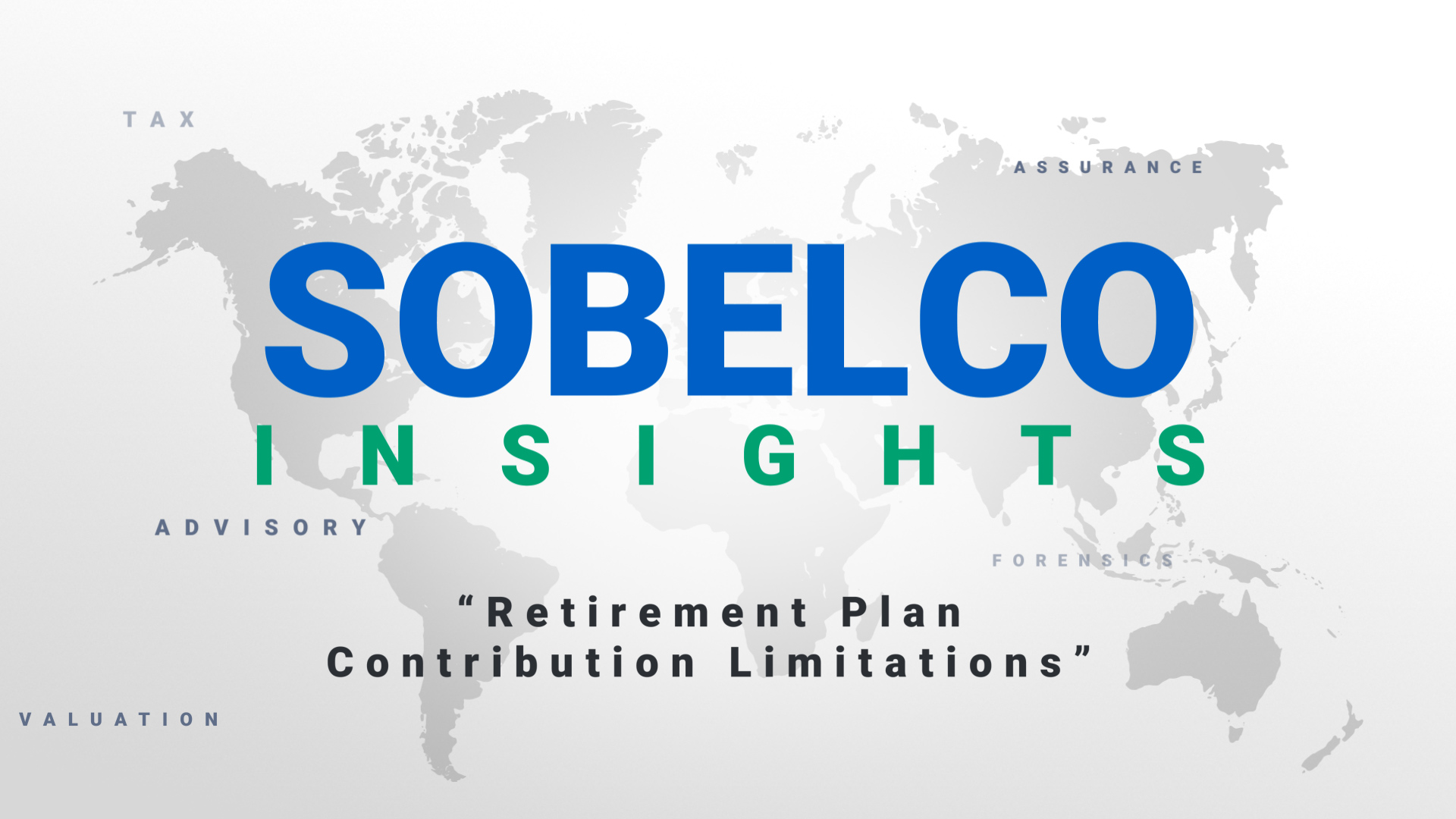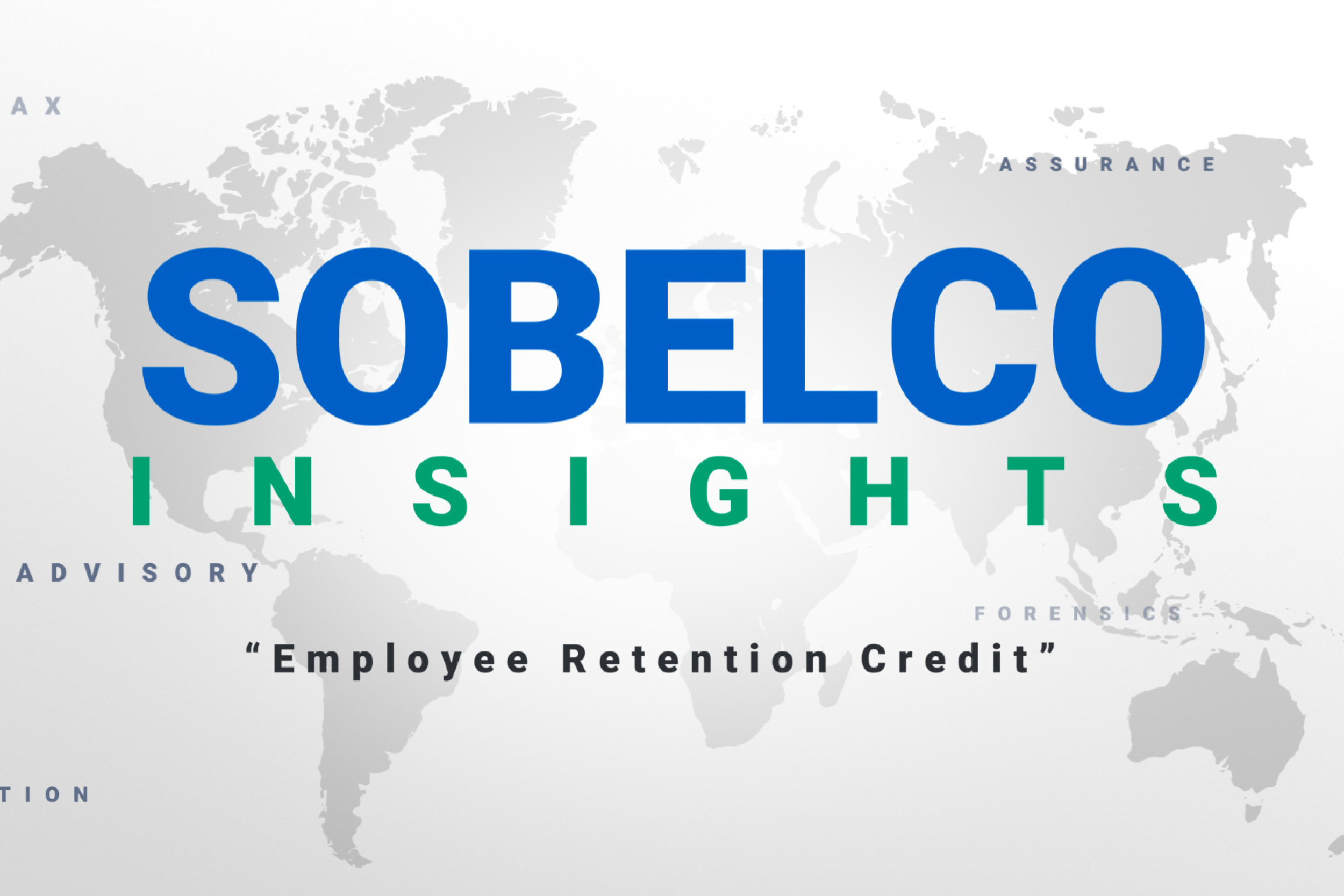
As many taxpayers with foreign activity have been “put on extension,” it is important for taxpayers to understand their tax return filing obligations regarding their relationship with any foreign corporations. Certain U.S. persons who are officers, directors, or shareholders (directly or indirectly) of a foreign corporation must file a Form 5471 with their federal tax return. The Form 5471 is an information return, where taxpayers must disclose information regarding their interest in a foreign corporation.
Form 5472 must be filed by a U.S. corporation that is 25% foreign-owned; or a foreign corporation that does business or trade in the U.S.
To deter taxpayers from noncompliance, the IRS has imposed steep penalties for the failure to file a Form 5471 or 5472. For example, if there is a failure to file Form 5471, the Internal Revenue Service (IRS) imposes a $10,000 penalty for each annual accounting period for each foreign corporation. Ninety days after a notice is mailed to a taxpayer, an additional $10,000 penalty is charged monthly, up to a maximum penalty of $50,000. Meanwhile, for Form 5472, the penalty for failure to file penalty is $25,000 for each annual accounting period for each reporting corporation. Ninety days after a notice is mailed to a taxpayer, an additional $25,000 penalty is charged monthly for each foreign corporation, with no maximum penalty.
With penalties as large as they are, it is extremely important for taxpayers to be in compliance. However, if they are not, there are several relief options for those who have failed to file a Form 5471/5472 due to non-willful conduct. The IRS allows for a first-time penalty abatement, which comes with certain stipulations. Those include:
- The taxpayer has not been required to file the same tax return, or no tax filing are delinquent, in the previous three preceding tax years from the penalized period
- If required to file the same return during the previous three tax years, there are no unreversed penalties
- The taxpayer is up to date, or filed a valid extension, on all required returns, this includes payment of tax due
- The corresponding Form 1120 or Form 1065 was not filed late in the preceding three tax periods
- The failure to file penalty for the corresponding Form 1120 or Form 1065 is abated (or was not assessed)
- The taxpayer had no similar penalties in the preceding three accounting periods
In addition, another option for taxpayers is to file an amended tax return to include the delinquent Form 5471/5472 and attach a “reasonable cause” statement. Please note, for this option the taxpayer must not be under IRS civil examination or criminal investigation and must not be contacted first by the IRS regarding the delinquent Form 5471/5472. For small corporations, those with $20 million or less in gross receipts, the IRS liberally applies the reasonable cause exception under the following circumstances:
- The corporation had no knowledge of the section 6038A requirements
- The corporation has limited presence in the U.S.
- The corporation fully complies with all requests by the IRS to file Form 5472 and provide all relevant information
If you have any questions about the implications of foreign activity on your tax return, please contact SobelCo.


